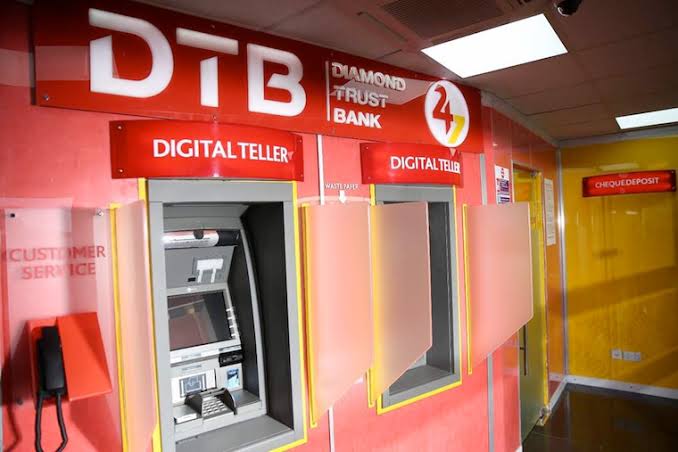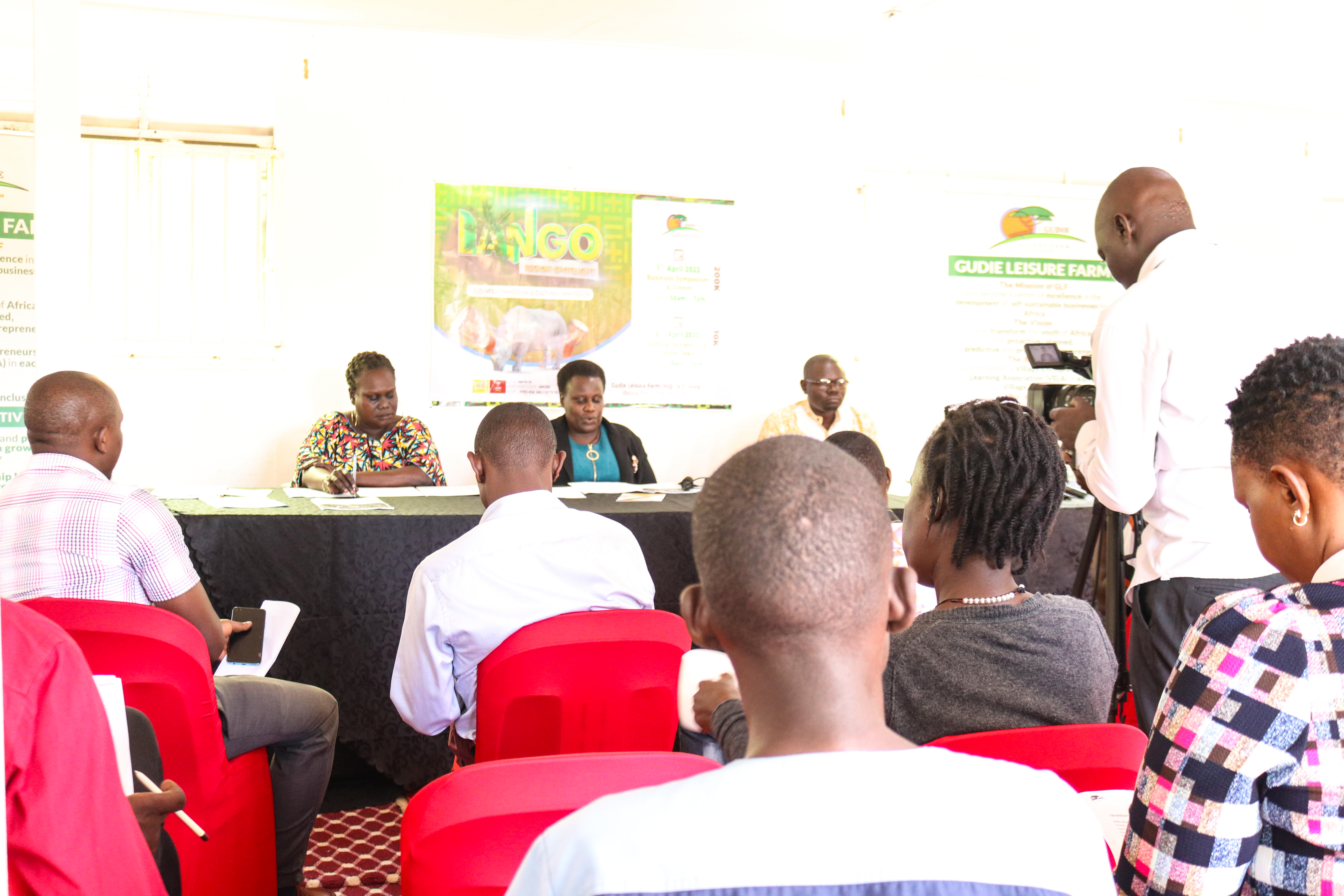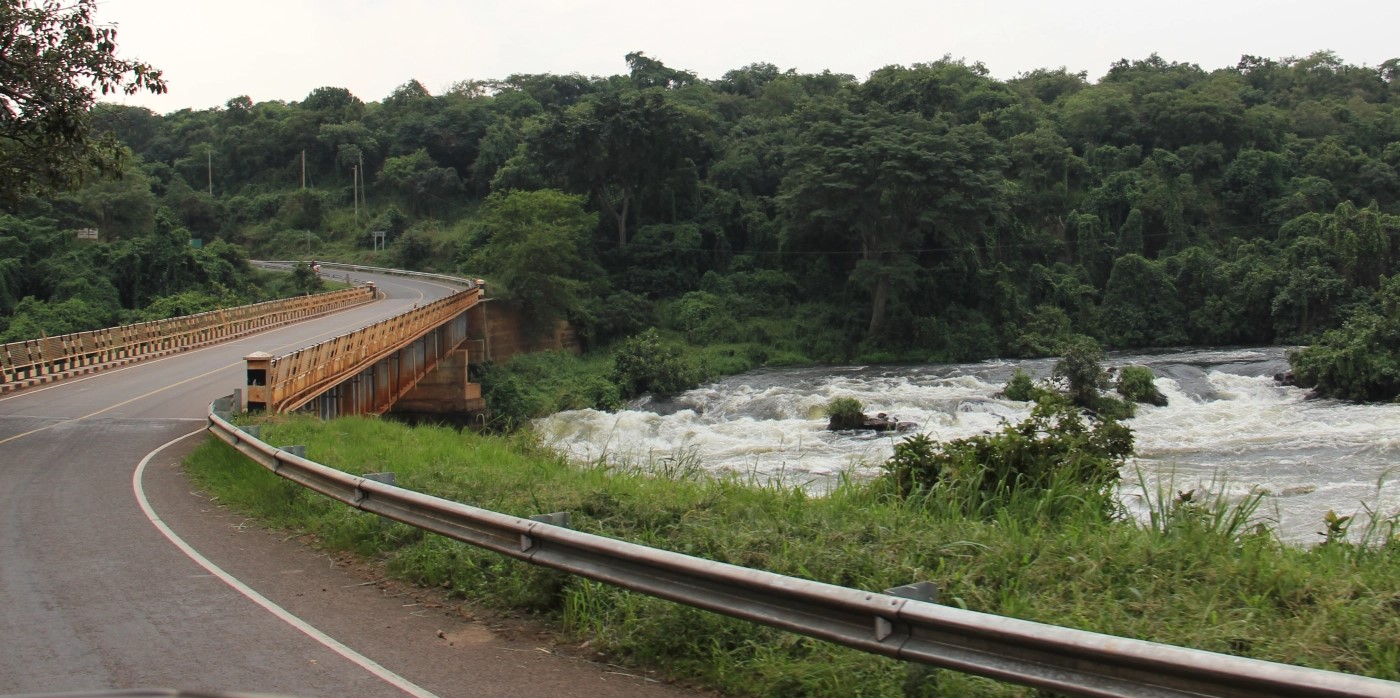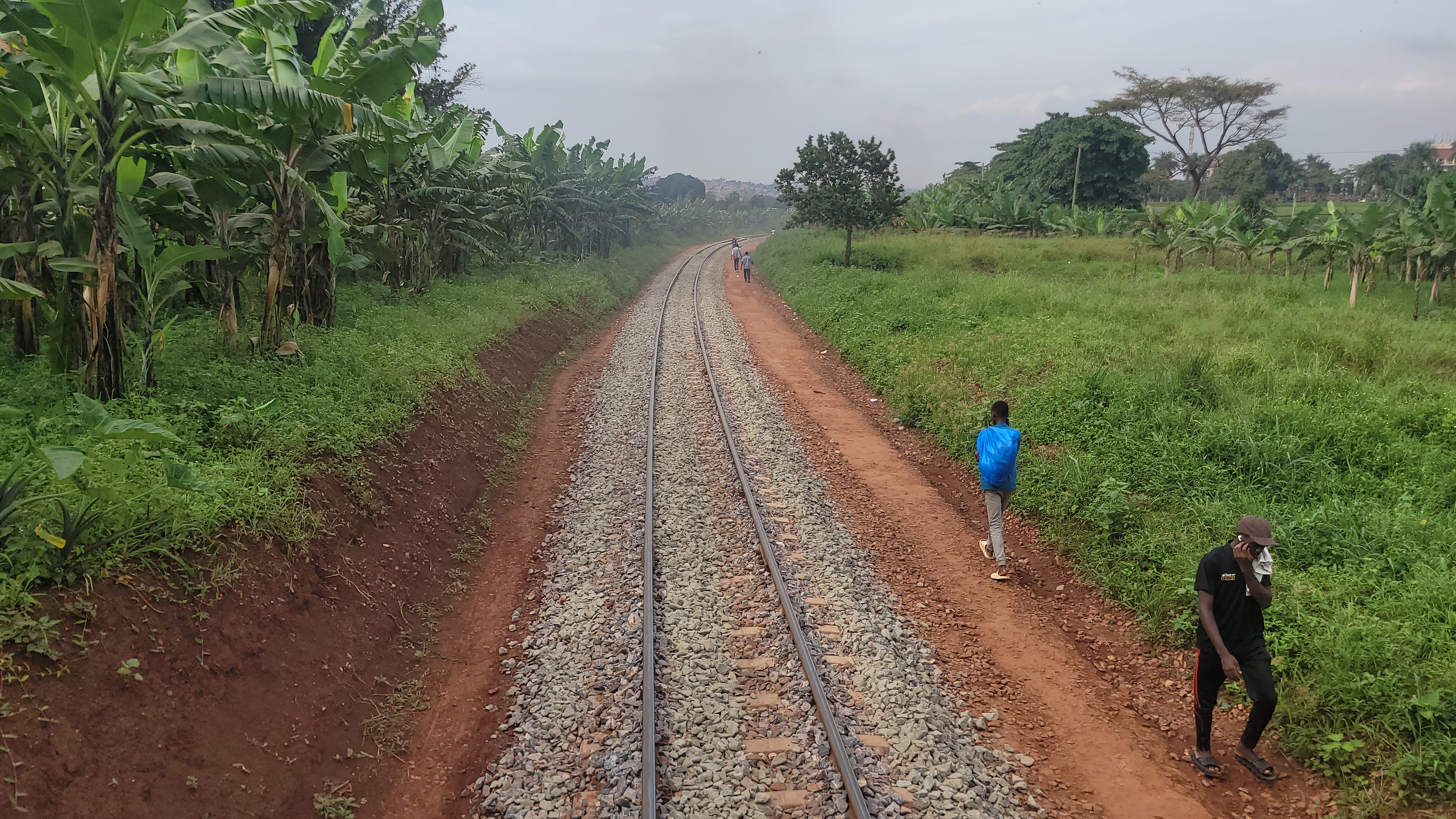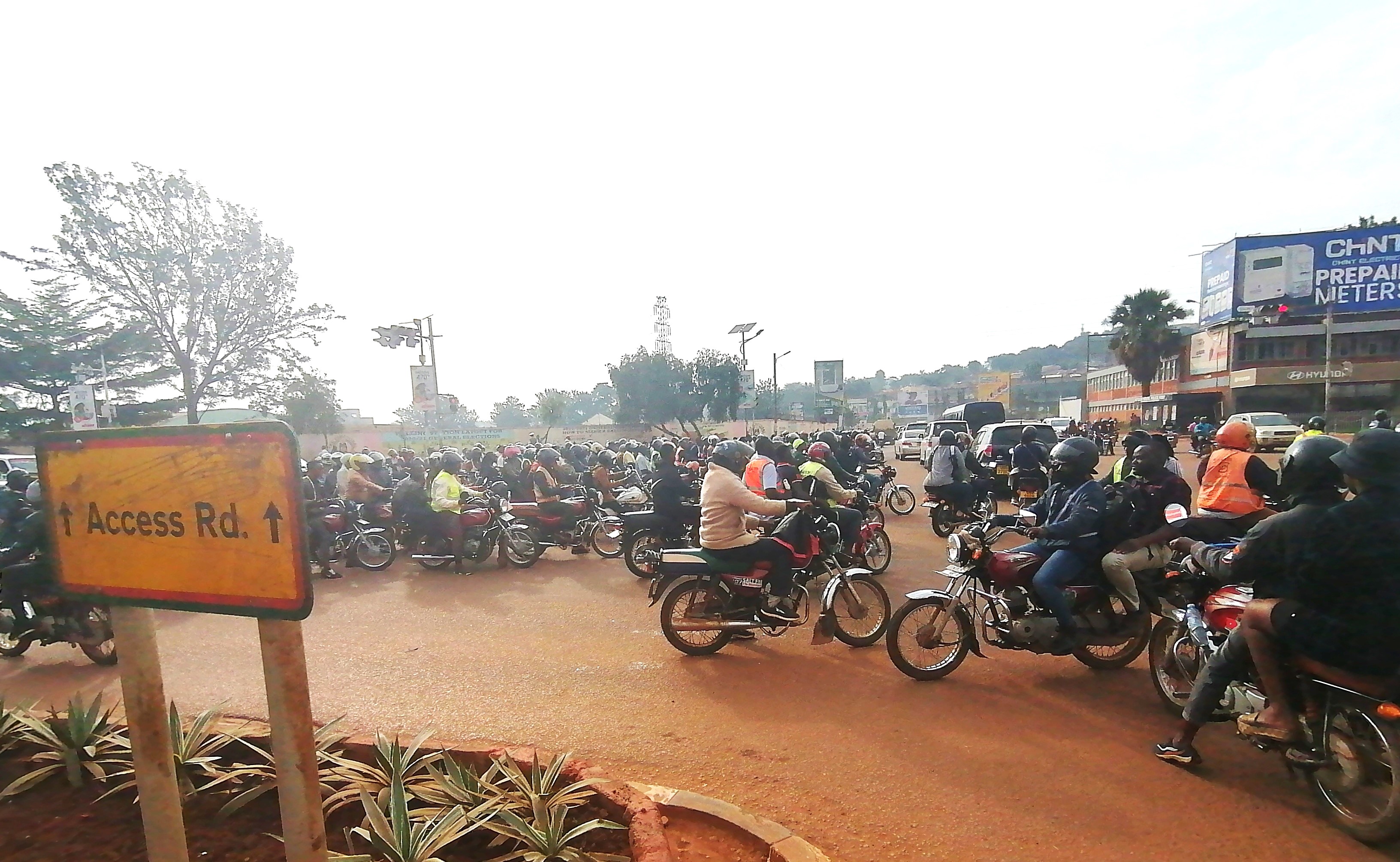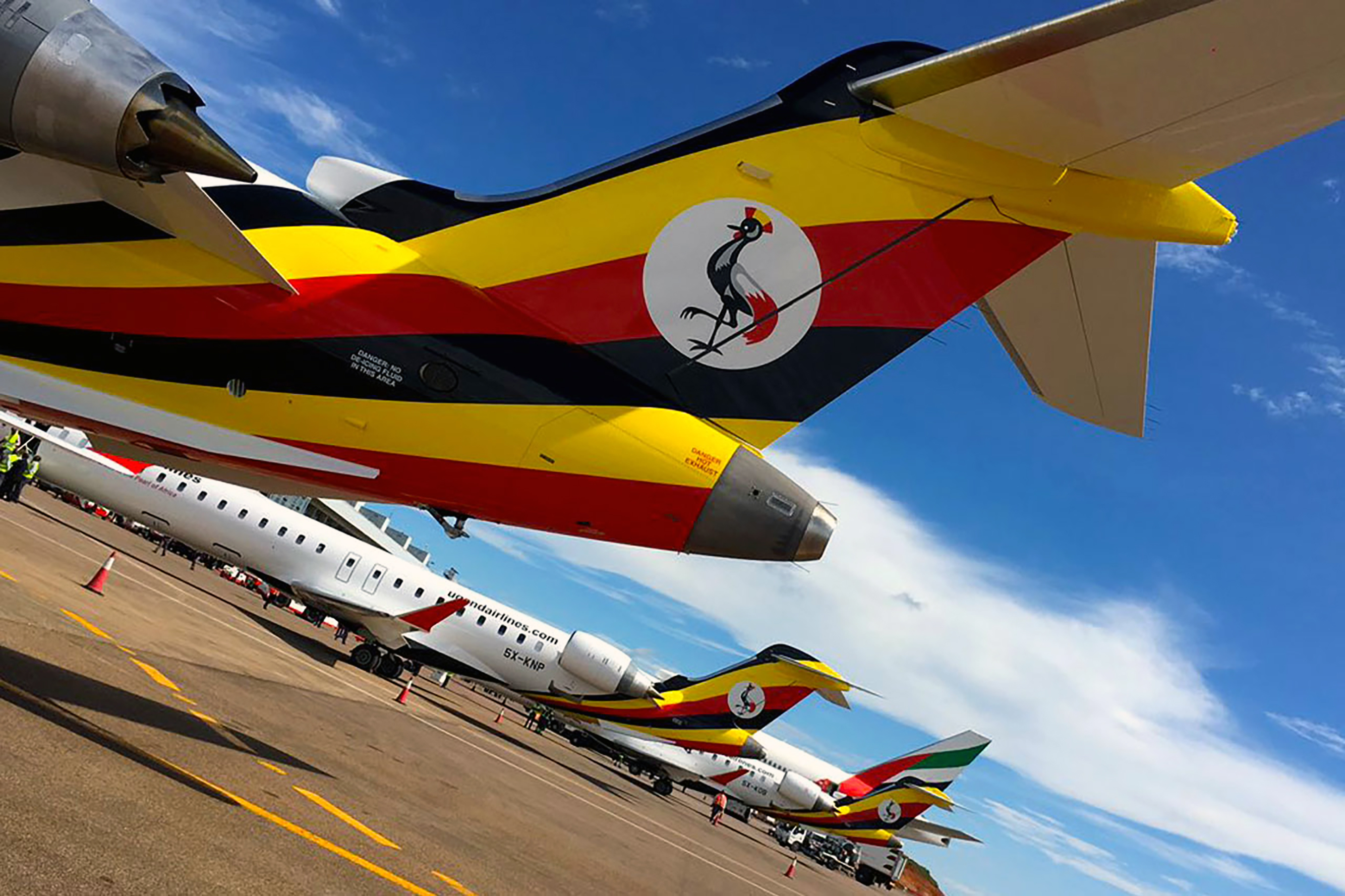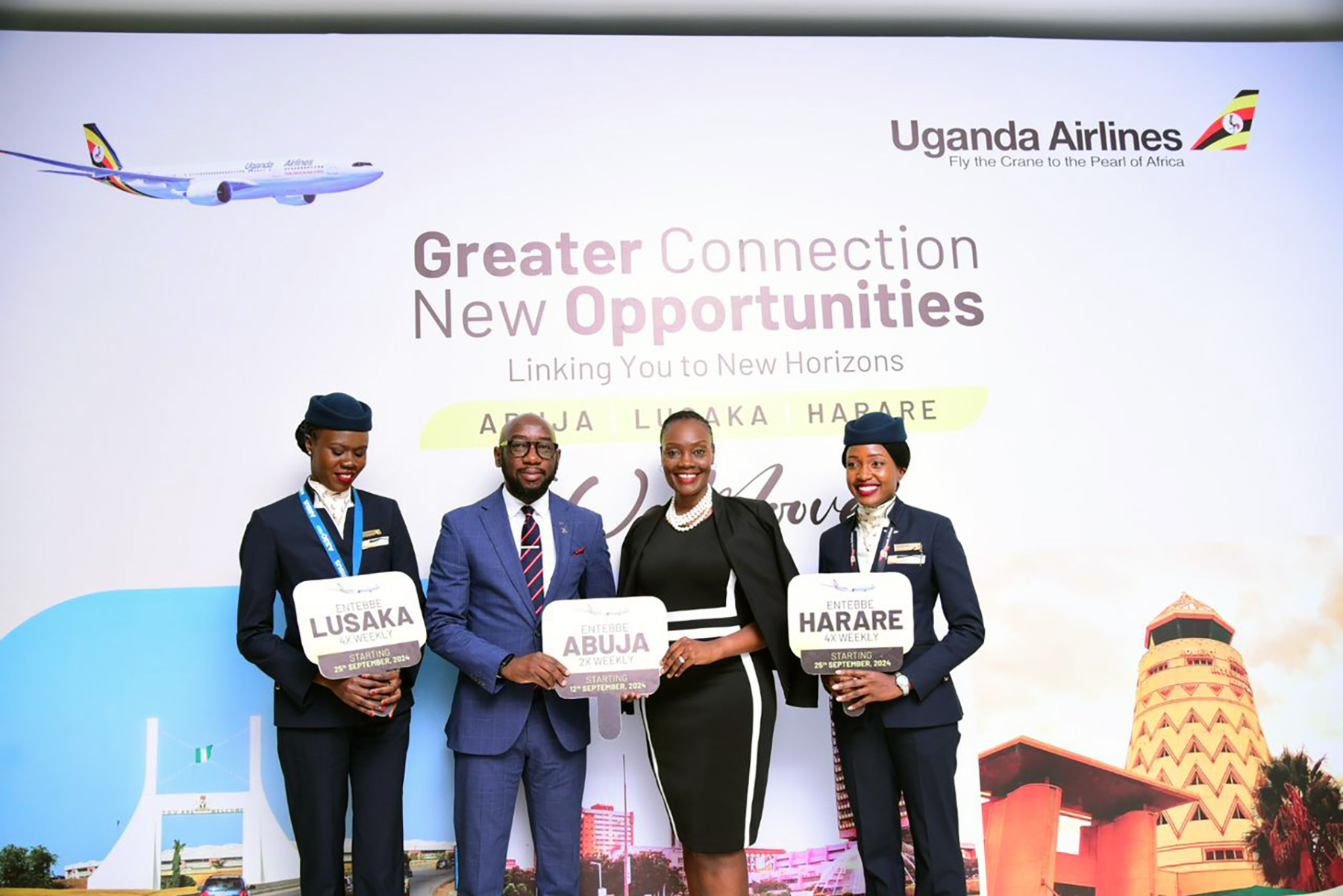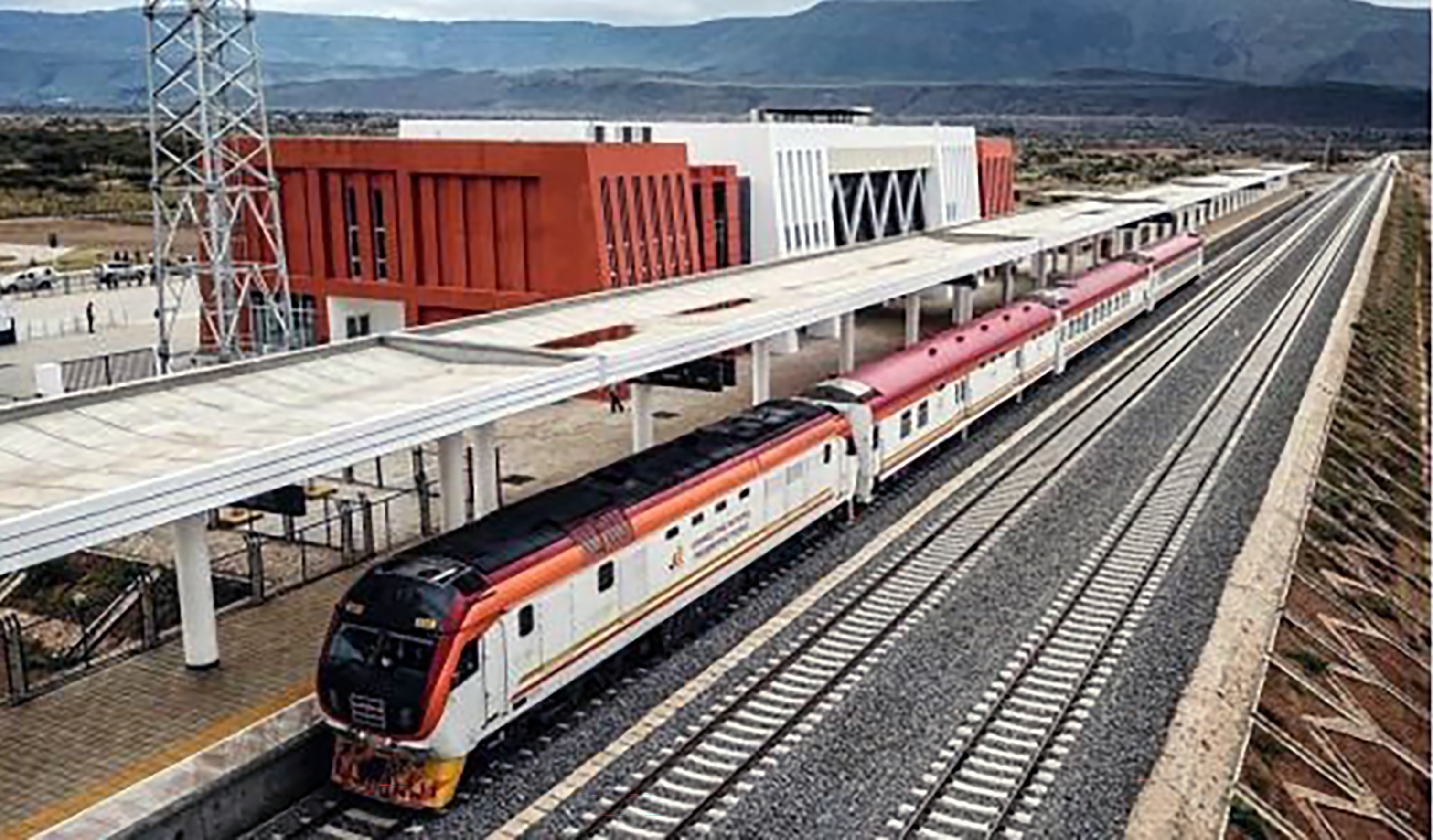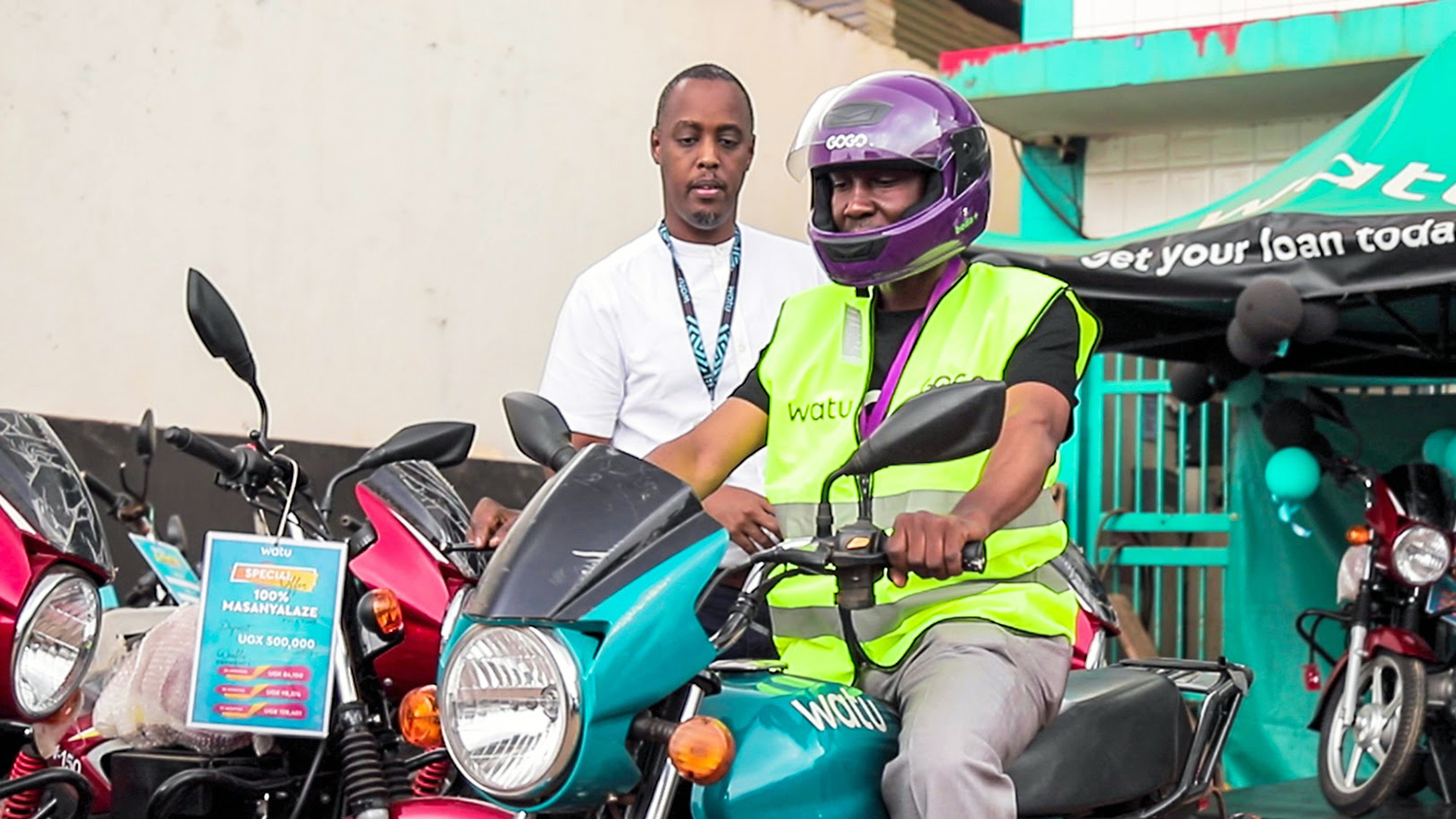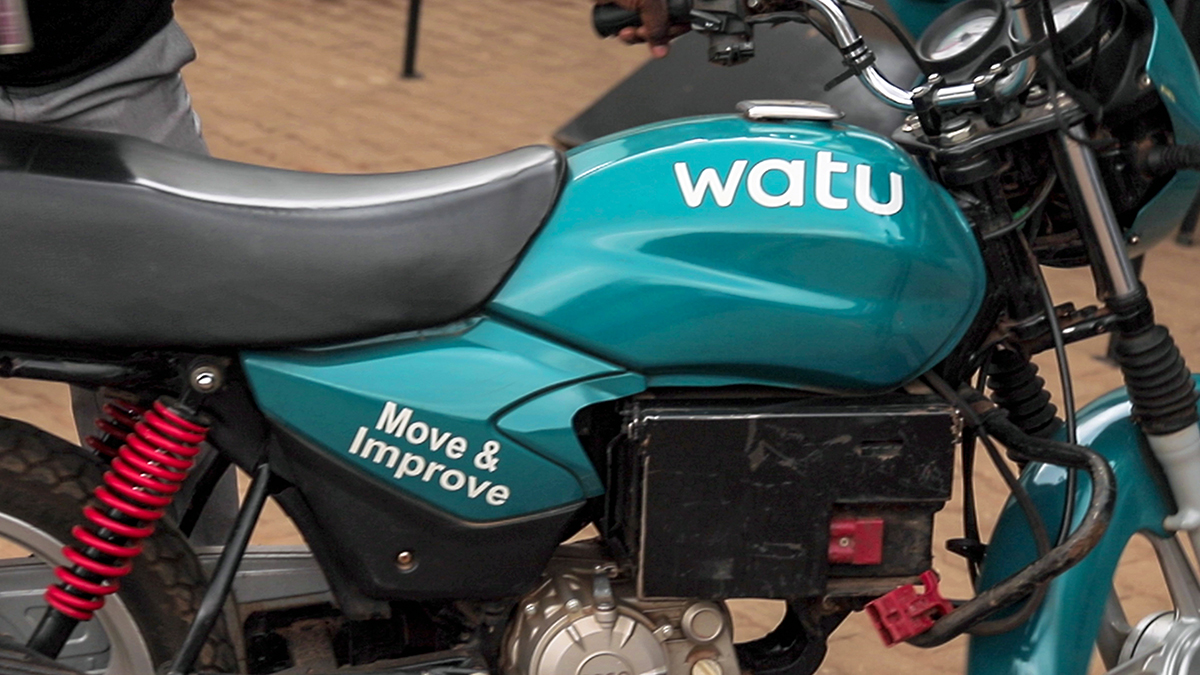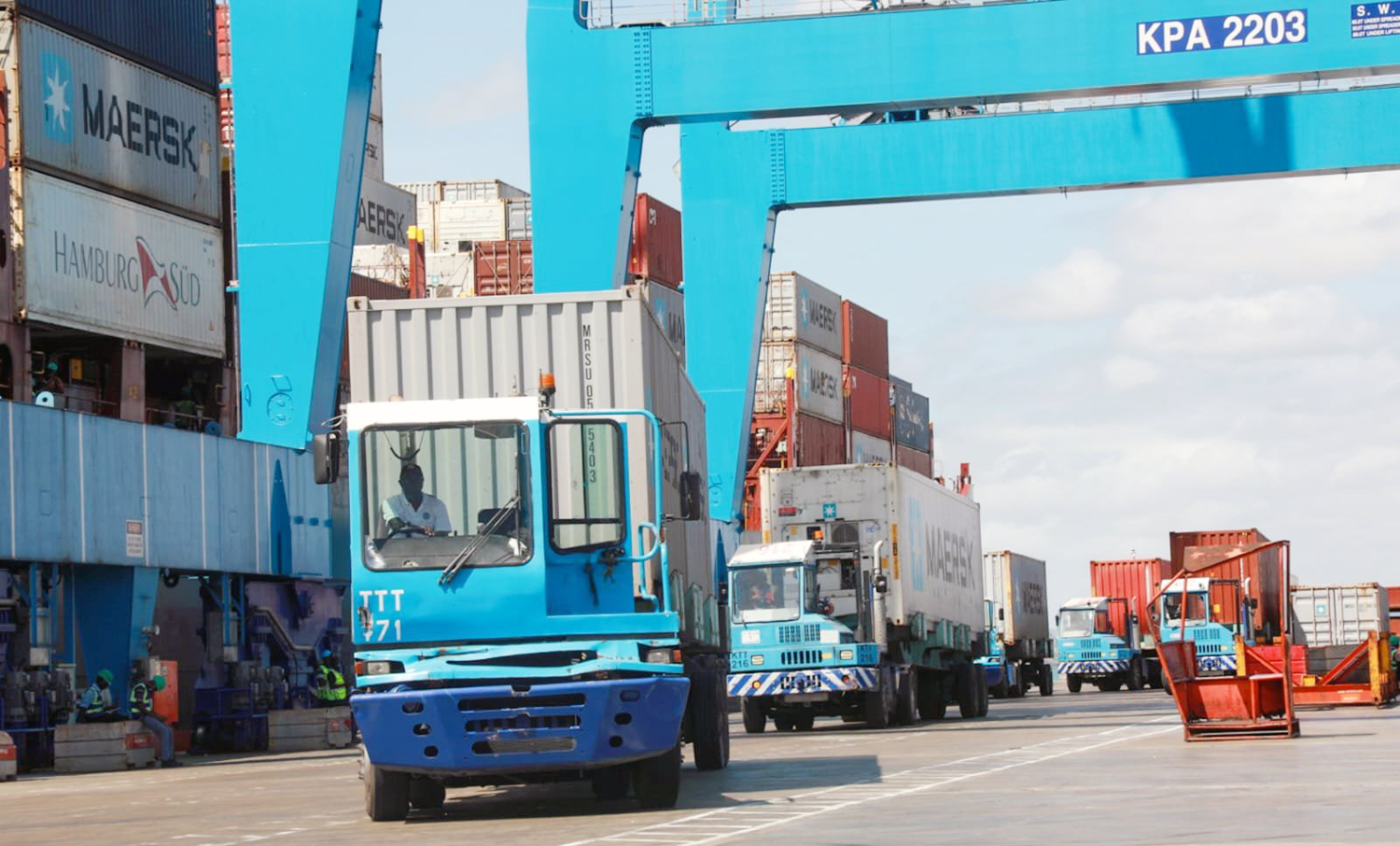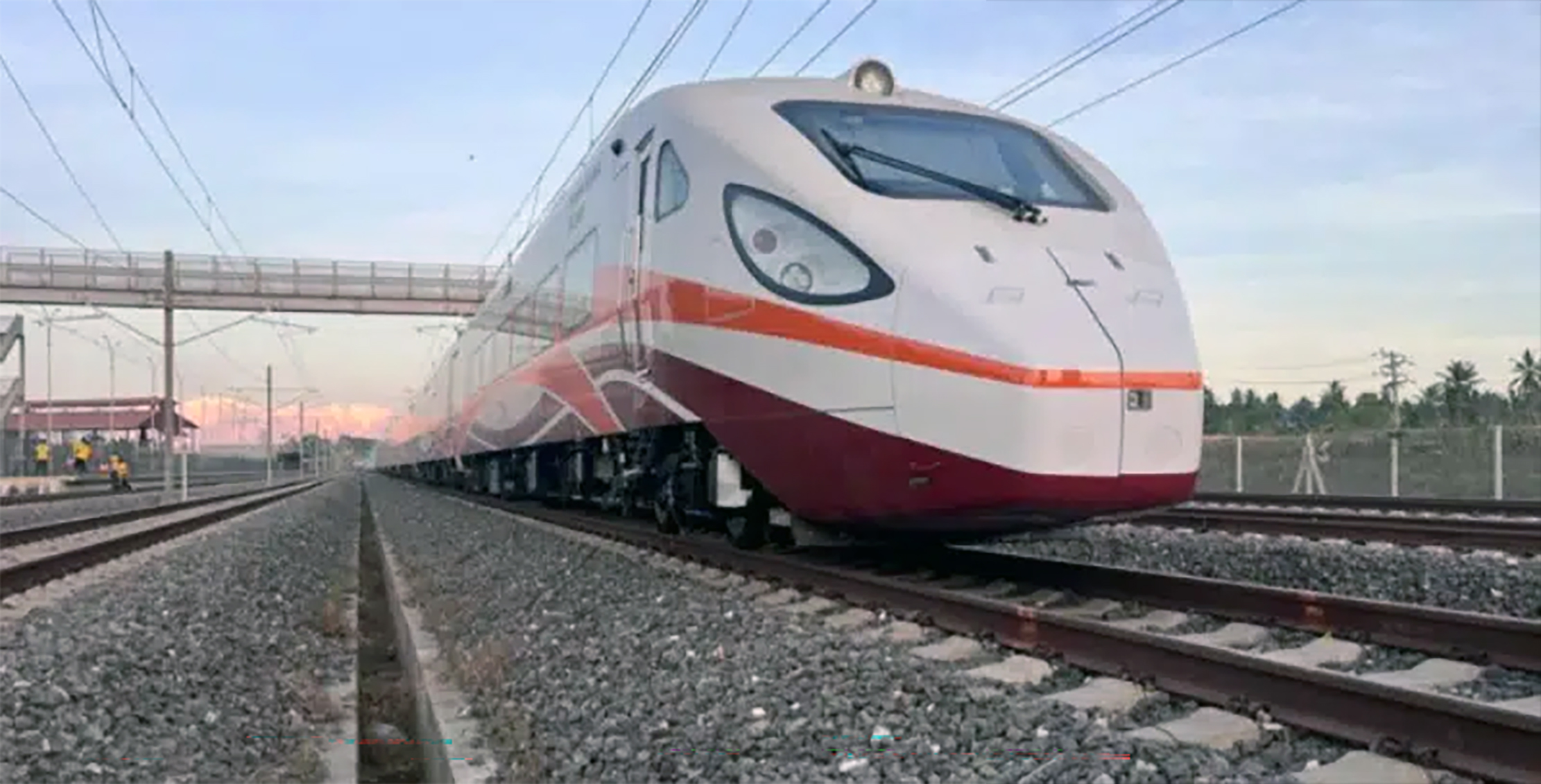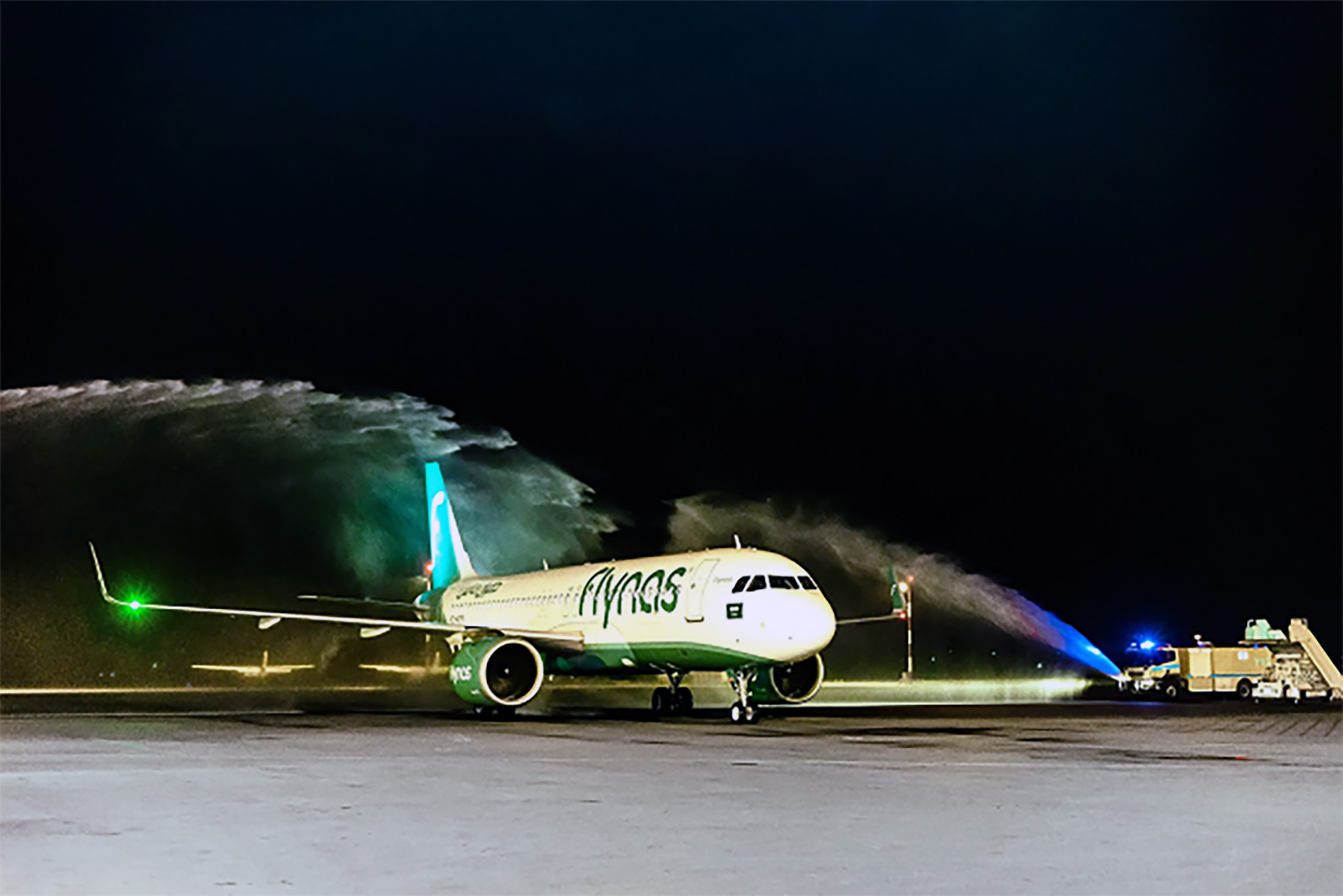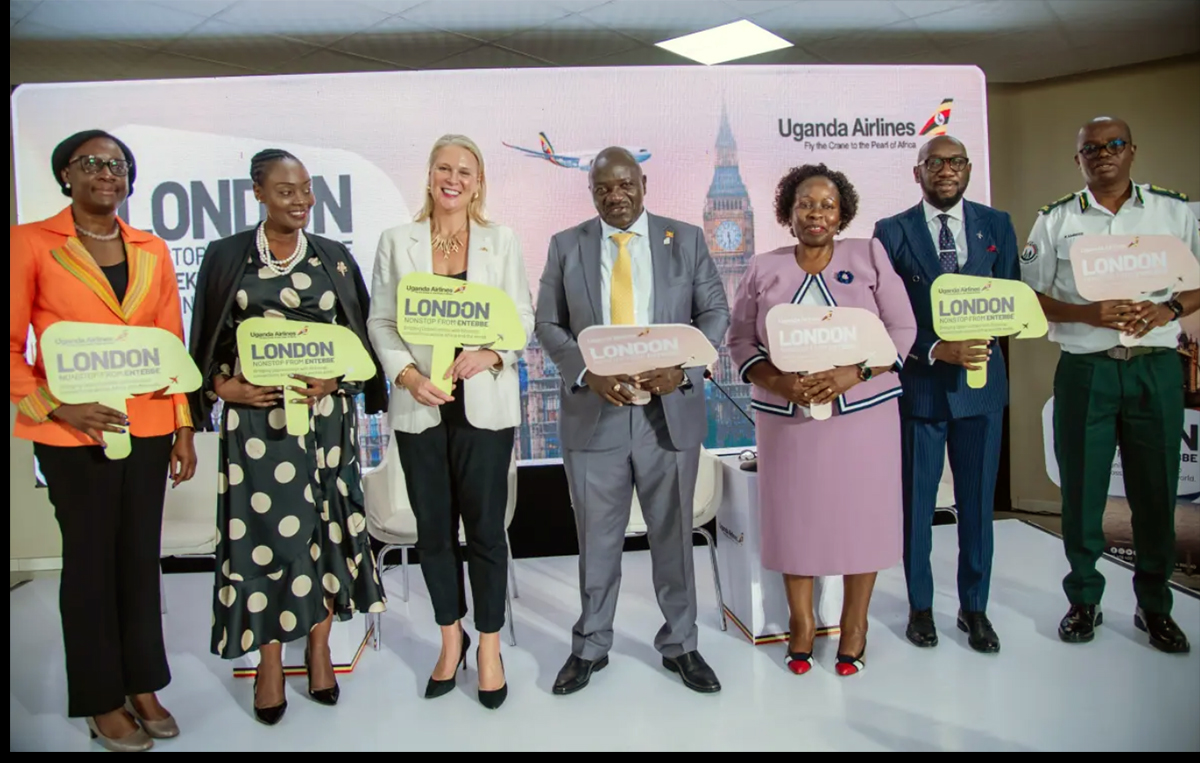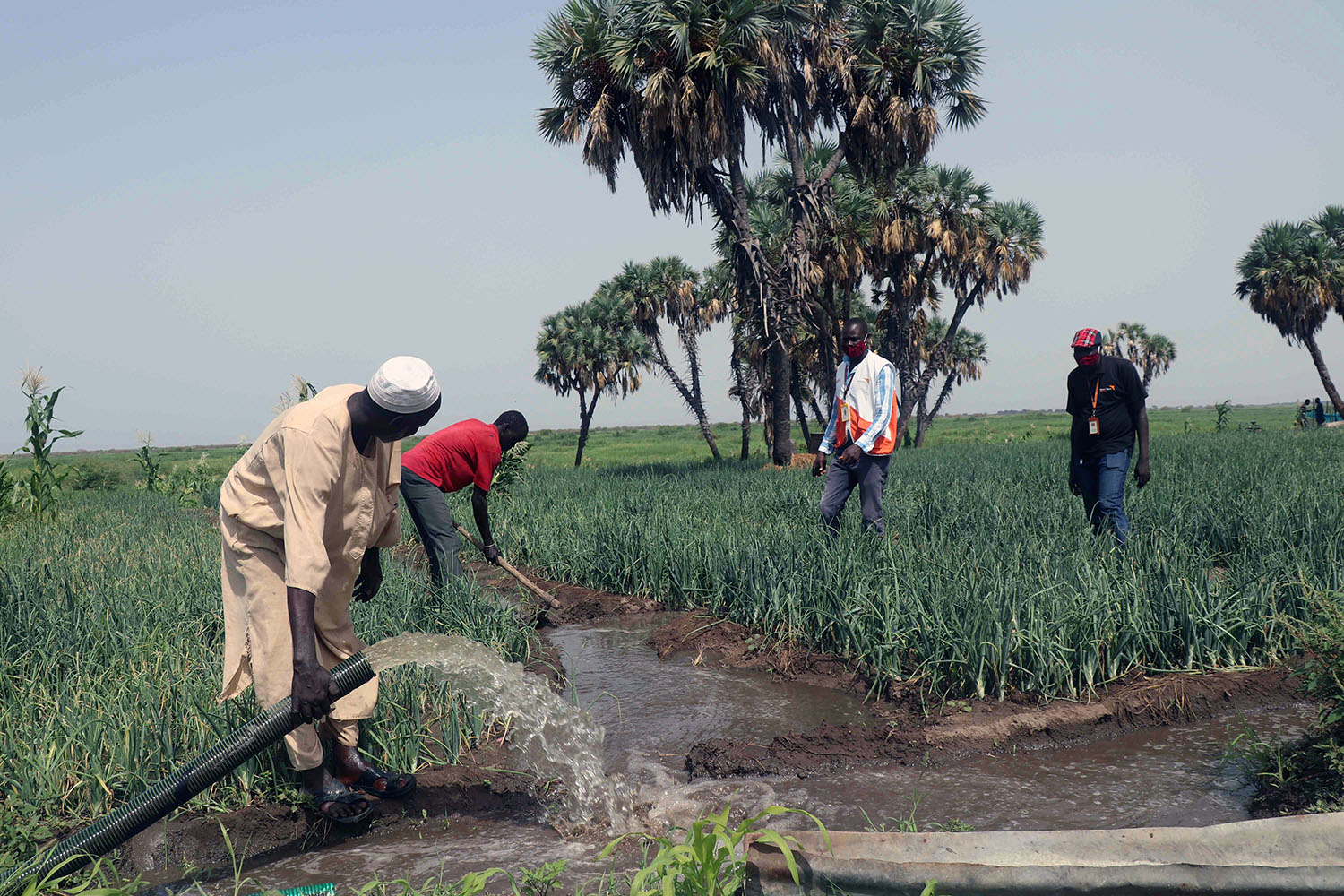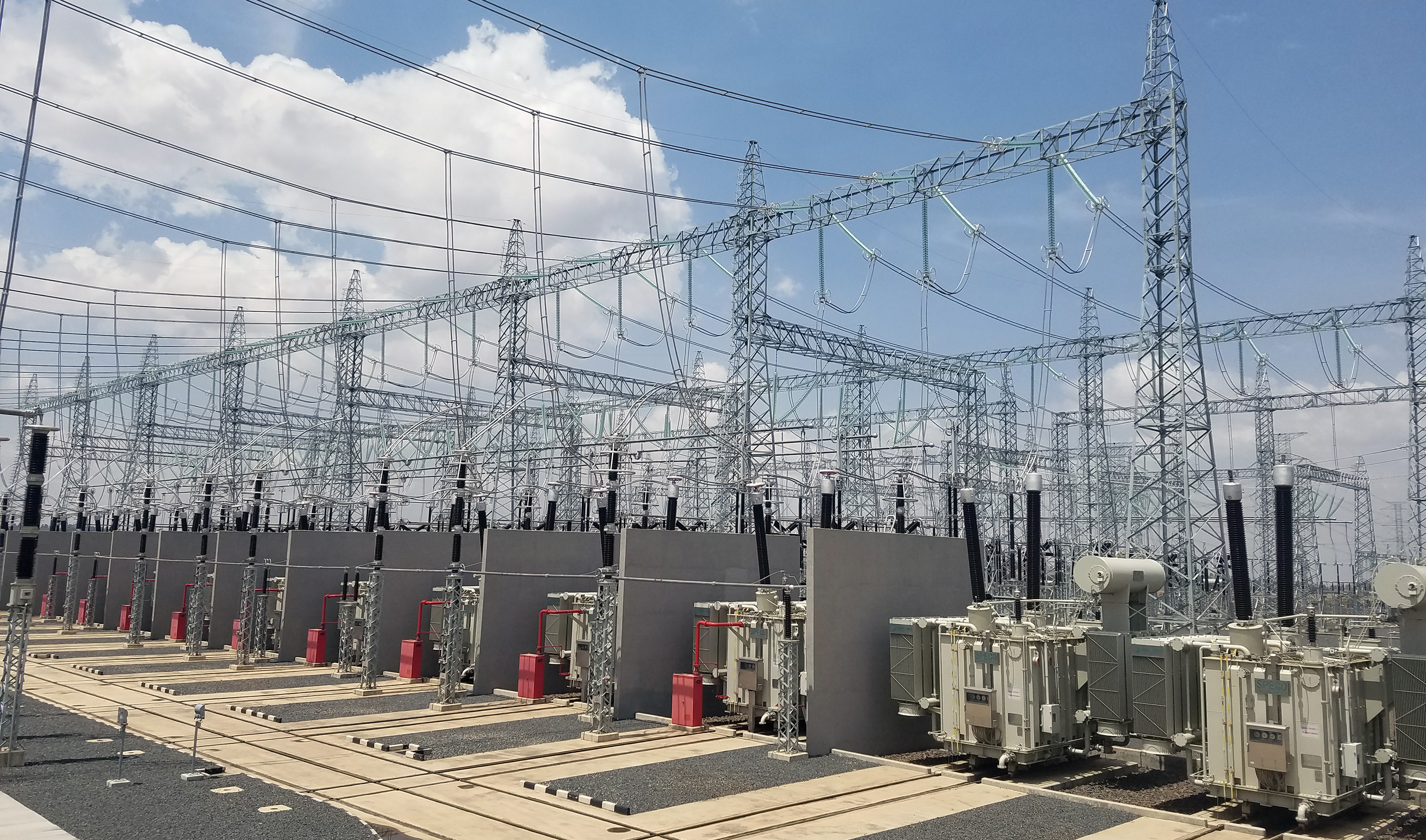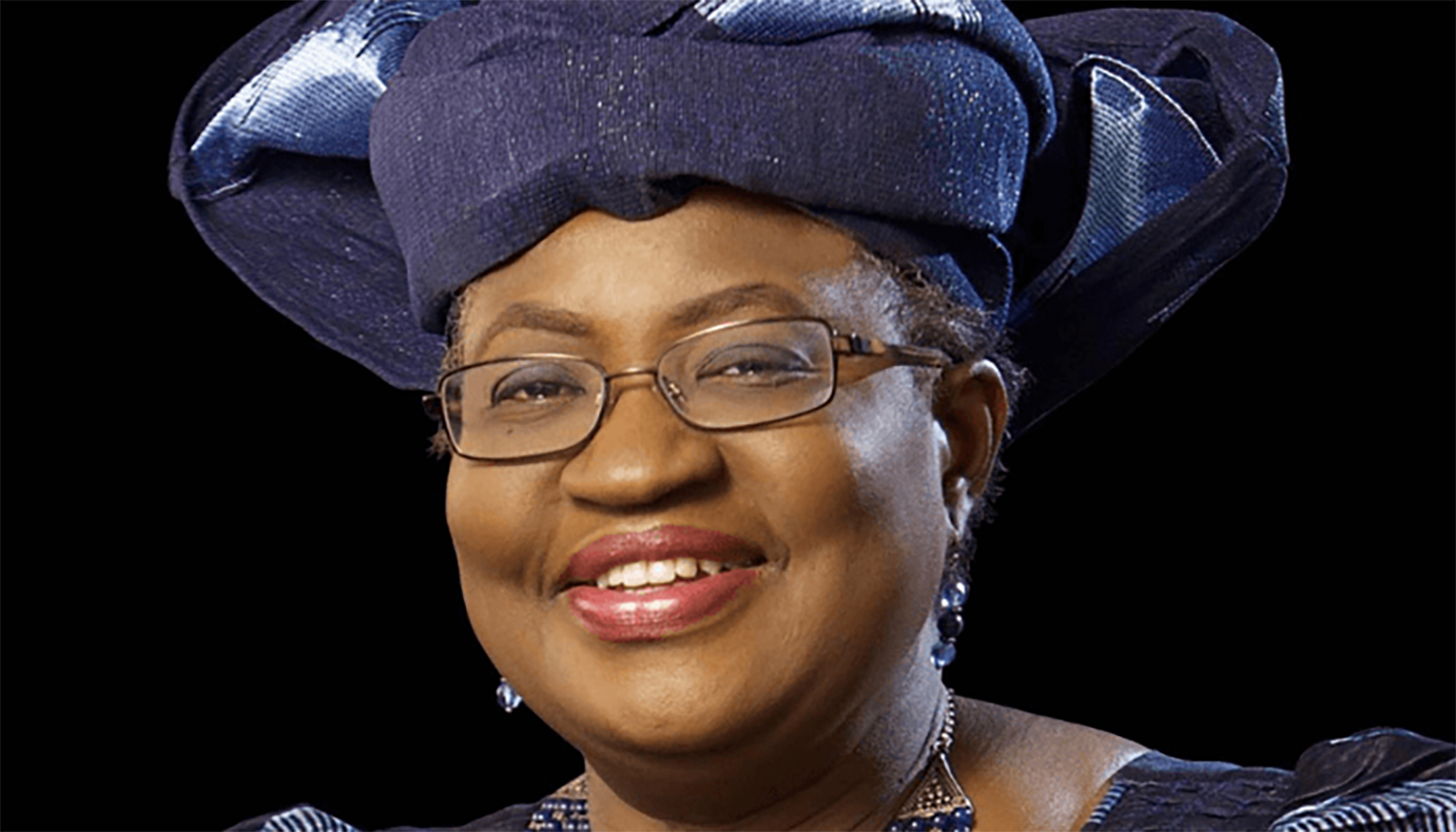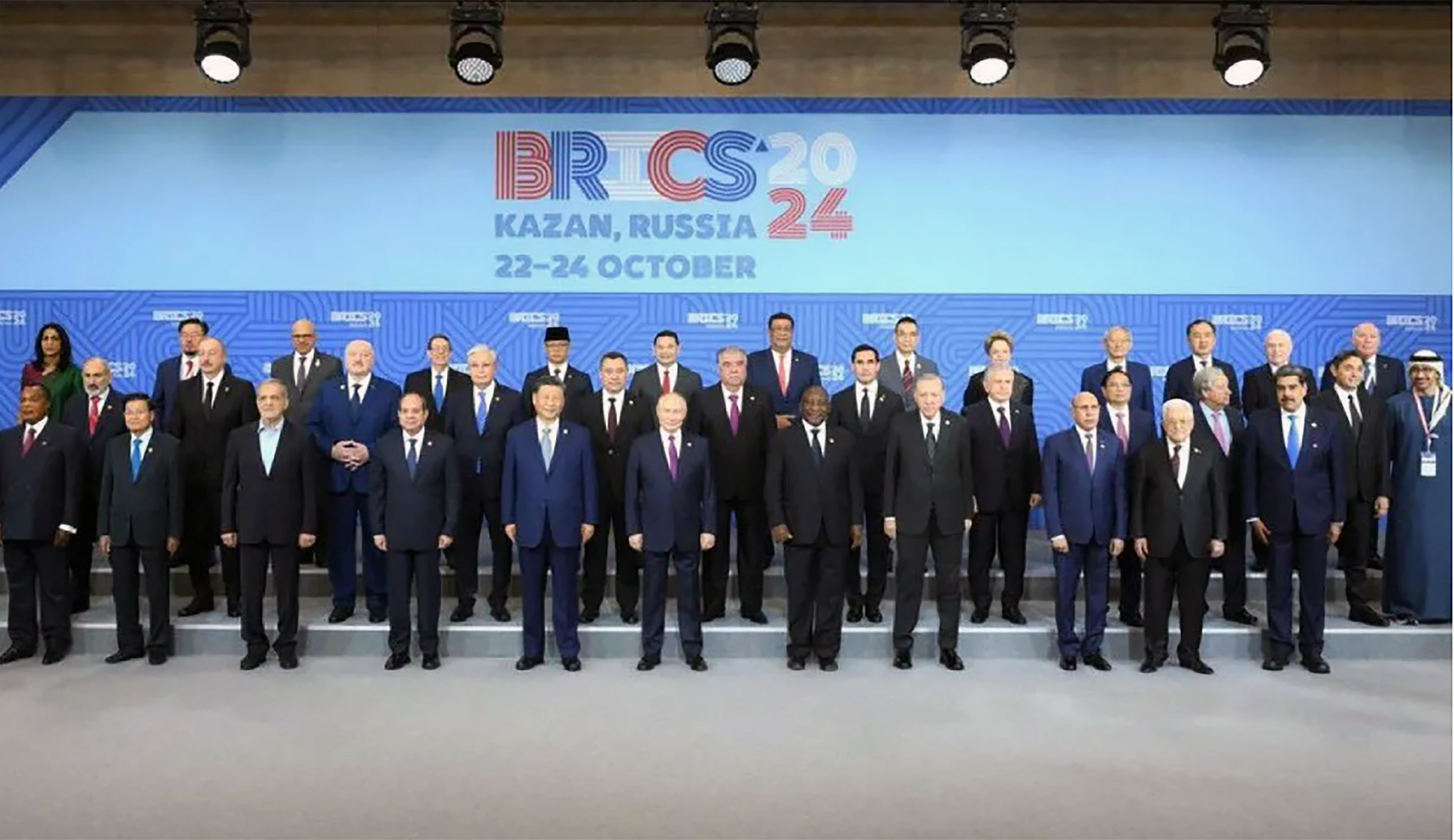EAC nations desperate to cut air travel costs

Part of the Uganda Airlines fleet at Entebbe International Airport.
The East African Community (EAC) is accelerating plans to liberalise its airspace and reduce the high cost of air travel, a move that could transform the region’s connectivity, boost trade, and open up new opportunities for the tourism industry.
Air travel within Africa remains prohibitively expensive, largely due to excessive taxation and restrictive aviation policies. According to the African Airlines Association (AFRAA), taxes and fees on air tickets in Africa are twice as high as in Europe or the Middle East. Passengers on average pay 25‚Äď30% of their fare in taxes, with charges on routes such as Entebbe‚ÄďNairobi accounting for $100 (UGX375,000) on a return ticket priced between $300‚Äď$350 (UGX 1.12 million‚Äď1.31 million).
In East Africa, departure taxes vary widely: Kinshasa $77.5 (UGX 290,625), Entebbe $57.2 (UGX 214,500), Dar es Salaam $54 (UGX 202,500), Nairobi $50 (UGX 187,500), Mogadishu $42 (UGX 157,500), Bujumbura $40 (UGX 150,000), and Addis Ababa $31 (UGX 116,250). AFRAA reports that Central and West Africa offer the most favorable regional tax policies, saving passengers $12.68 (UGX 47,550) and $10.12 (UGX 37,950) respectively on average.
- A study by Predictive Mobility shows that a 10% reduction in ticket prices could spur an increase in passenger demand across the continent from 22.3 million to 30.1 million annually.
Adrian Njau, Acting Executive Director of the East African Business Council (EABC), confirmed during a press conference in Kampala that efforts are ongoing to address these issues. He also used the occasion to announce that the EABC, in collaboration with the East African Development Bank (EADB), will host the East African Business & Investment Summit & Expo 2025 on October 16‚Äď17 in Nairobi, Kenya.
‚ÄúThe Summit will be held under the theme: Promoting Private Sector-Driven Regional Integration for Increased Intra- and Extra-EAC Trade and Investment, with the rallying call ‚ÄėEAC Rising: From Reform to Results in a Thriving Pan-African Market‚Äô,‚ÄĚ Njau said.
- He emphasized that liberalising regional airspace would be a critical step toward achieving that vision.
‚ÄúThe high taxes are limiting passenger numbers and making African airlines less competitive,‚ÄĚ he added. ‚ÄúA more liberalised and cost-effective airspace could unlock enormous economic potential across the EAC.‚ÄĚ
Efforts to liberalise the regional airspace have been ongoing since 2006 and the EAC has now drafted regulations that grant regional airlines rights to operate under the first through fifth freedoms of the air international aviation rules that determine an airline’s ability to enter and operate within foreign airspace.
‚ÄúEAC members have been reluctant to liberalise air services because they want to protect their national carriers,‚ÄĚ Njau noted. ‚ÄúSome routes are seen as strategic for national airlines, so they are restricting full liberalisation. The Fourth Freedom is currently in effect, but it‚Äôs not enough we need the Fifth Freedom.‚ÄĚ
Beatrice Askul, EAC Council of Ministers Chairperson, confirmed that the matter is being handled by the relevant sectorial ministries. ‚ÄúThe issue is part of our agenda. Specific ministries Transport, Communication, and Infrastructure are working on domestication of the EAC airspace. Once consultations are done, recommendations will be made to the Council,‚ÄĚ Askul said.
- Multilateral Air Services Agreements are also being developed to replace the restrictive bilateral agreements currently governing air services between EAC member states. These have often led to lengthy and complex negotiations, hampering regional connectivity.
- ‚ÄúWe need to treat air travel as a domestic service within the EAC,‚ÄĚ said Njau. ‚ÄúThat would eliminate restrictive bilateral agreements and simplify cross-border operations for regional airlines.‚ÄĚ
Another obstacle is the slow ratification of the Single African Air Transport Market (SAATM) a continental initiative by the African Union aimed at unifying African airspace. So far, only Kenya, Rwanda, and the Democratic Republic of Congo have fully joined SAATM among the EAC states. Uganda has indicated its intention to join during this financial year.
‚ÄúWe‚Äôre just waiting on Cabinet approval,‚ÄĚ said Fred Bamwesigye, Director General of the Uganda Civil Aviation Authority.
Despite these regulatory advancements, transport costs in the region remain among the highest in Africa. For example, flying a delegate from Kinshasa to Arusha can cost up to $3,000 (UGX 11.25 million), compared to under $1,000 (UGX 3.75 million) to fly to Europe. ‚ÄúThis discrepancy must be addressed,‚ÄĚ said Kennedy Mukulia, Chairperson of the Legal Committee at the East African Legislative Assembly.



